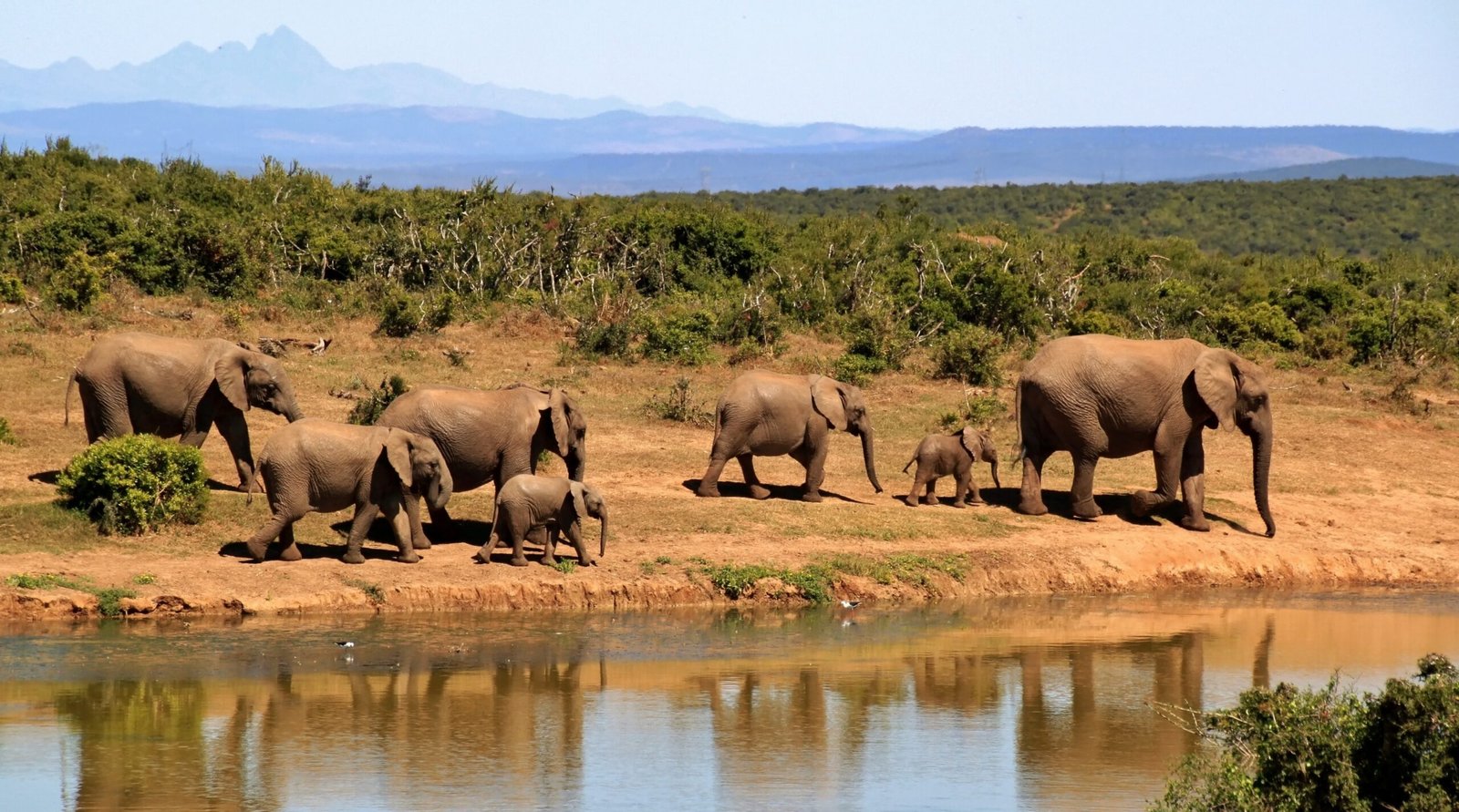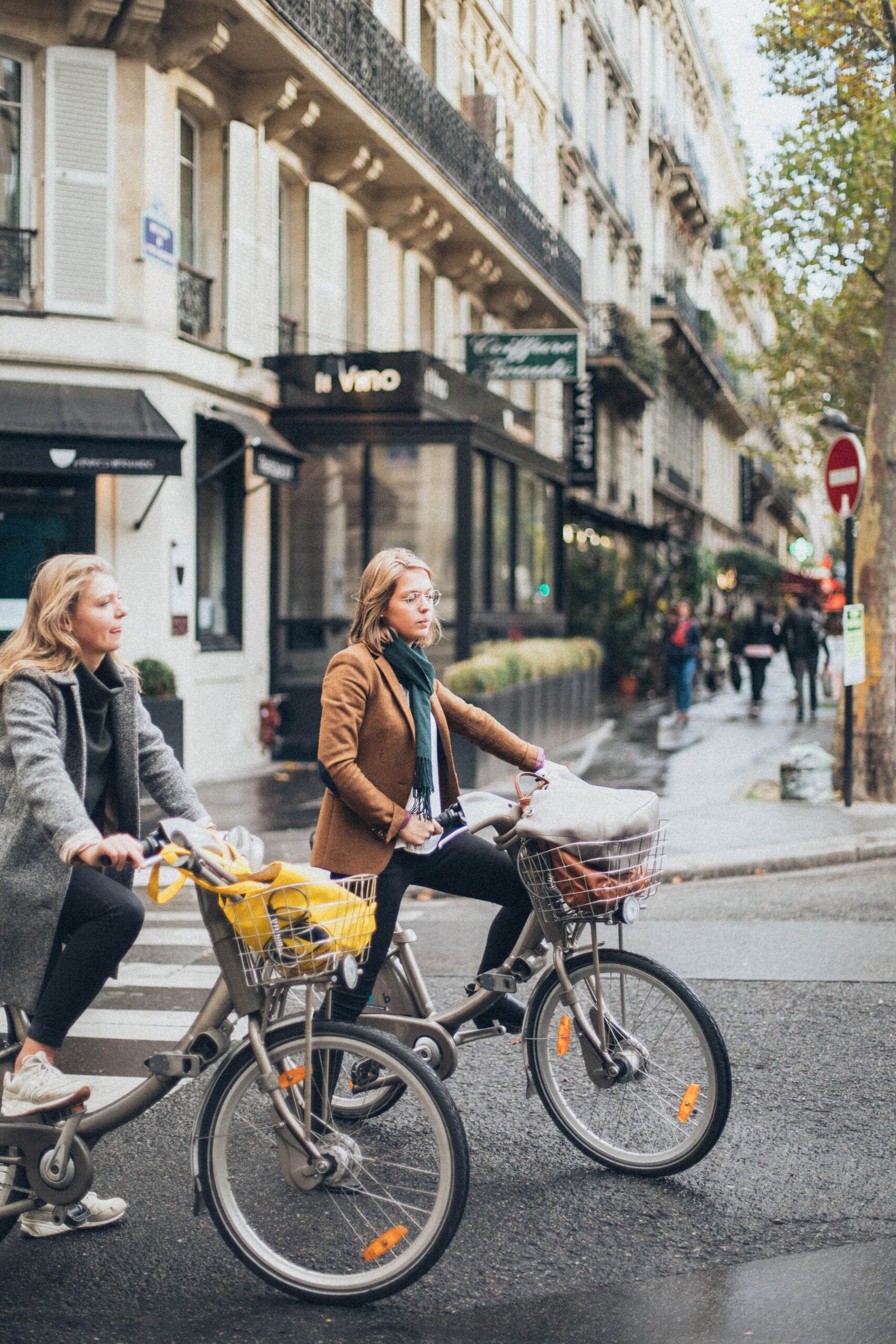Hannah Cardozo shows you how to travel responsibly, keeping sustainable practice at the top of your checklist.

Travelling is a wonderful experience that allows us to explore new cultures, try new foods, and make unforgettable memories. As we become more aware of the impact of tourism on the environment and local communities, it’s essential to consider our actions as travellers. From carbon emissions to waste generation, travel can have a significant negative impact on our planet.

Take A Walk On The Green Side
Sustainable travel is a growing movement that encourages responsible practices that benefit both travellers and the places they visit. It’s crucial that we all take responsibility for reducing our carbon footprint as much as possible. Let’s explore some of the best sustainable travel tips to help you travel more responsibly while protecting the planet.

- Find the most eco-friendly transportation options
Transportation is one of the most significant contributors to carbon emissions. When planning your trip, opt for non-stop flights instead of connecting flights to reduce your carbon footprint further. If possible, consider taking public transportation or renting an electric or hybrid vehicle. You can also reduce your impact by choosing to walk, cycle, or use electric scooters in urban areas.


Hollywood celebrities like Blake Lively, Jessica Alba, and Amy Adams choose to fly with commercial airlines instead of private when travelling.
- Pack reusable items and reduce waste

Single-use plastics are another major contributor to waste in the tourism industry. To reduce plastic waste, pack reusable water bottles, shopping bags – like those made of canvas or jute, cutlery and metal straws. Many destinations offer refill stations for water bottles, which makes it easier to avoid plastic bottles. When eating out or buying food on the go, choose restaurants and cafes that follow sustainable practices. Reduce food waste by ordering only what you can eat and if there are leftovers, pack them up.
Actress and model, Dia Mirza, has been a strong advocate of protecting habitats and the environment. In an interview, she spoke up about sustainable travelling practices, “One of the things that I do before I travel is that I actually find out whether the place has an adequate waste management system. If they don’t, then I ensure that I don’t carry items which are not degradable. Secondly, being respectful to the culture and community of that area. Exploring the local cuisine and interacting with people, but also treating them with dignity and gratitude.”
- Choose sustainable accommodation
The accommodation you choose can have a significant impact on your environmental footprint. A hotel that uses renewable energy sources or has implemented energy-efficient practices will have a lower impact on the environment than one that doesn’t. These practices include using renewable energy sources like solar or wind power, implementing water conservation measures, and reducing waste by recycling and composting.

Alternative accommodation like eco-lodges and homestays can also be a more sustainable option than traditional hotels. These accommodation options often use local materials and resources in their construction and operations, reducing the burden on natural resources.
- Support local businesses
Supporting local businesses is an excellent way to travel sustainably while also immersing yourself in the local culture. Buying from local markets instead of big chain stores not only supports small businesses, but can also help reduce your carbon footprint by reducing transportation emissions.

Eating locally sourced food supports local farmers, while also helping lower your carbon footprint by reducing transportation emissions from imported foods. Visit farmers’ markets and try out traditional dishes from local restaurants.


Buying souvenirs from local artisans instead of mass-produced items made abroad supports the local economy, plus gives you a unique keepsake from your trip.
- Respect wildlife and natural areas
Environmental degradation caused by human activities has a devastating impact on wildlife populations across the globe. As tourists explore natural areas like national parks or beaches where animals live, it’s imperative that we respect their habitats’ boundaries, leaving them undisturbed. Avoid getting too close to or touching wildlife, and refrain from feeding them as it disrupts their natural behaviour patterns. Single-use plastics like straws and water bottles can harm wildlife if they end up in oceans or other natural habitats where animals live, even if you do not litter.


Celebrities like Leonardo DiCaprio, Ian Somerhalder and his wife Nikki Reed have been big advocates for creating safe and undisturbed environments for animals.
- Pick responsible tours and activities
Recreation is an important part of travel for travellers seeking adventure in nature. However, it’s important to pick responsible tours and recreation so that you don’t harm natural areas or contribute to negative environmental impact.

Tours can have a huge impact on the environment if not managed correctly. Look for tour companies that prioritise sustainability through responsible practices like using energy-efficient vehicles / boats / hot air balloons.
Avoid tours that promote interacting with animals excessively since they have been known to abuse animals. Wildlife reserves and conservations look out for the animals and are the best options if you want to explore safely.

Bollywood belle Alia Bhatt loves animals and promotes cruelty-free practices. She often chooses sustainable travel practices. Hubby Ranbir Kapoor even proposed at Masai Mara in Kenya, one of the largest wildlife reserves in Africa.
- Use eco-safe products
Two products that can cause a lot of damage are sunscreen and bug spray. When you swim in the ocean, it’s important to use reef-safe sunscreen. Some sunscreens have chemicals that can harm coral reefs, like oxybenzone and octinoxate. Make sure to read the labels and avoid them. In places where it’s hot and humid, mosquitoes can be a big problem. They can even carry diseases. However, it’s important to use a non-toxic bug spray. This will help keep the animals safe and healthy.


Put Sustainability First
Sustainable travelling is crucial if we want future generations to be able to enjoy this beautiful world just as we do today. Choosing sustainable accommodation, supporting local businesses, and being mindful of wildlife habits are all effective ways in which we can make positive changes towards minimising the negative impact we could have on the planet whilst still enjoying amazing experiences.


However, this all begins at the planning stage and requires research, so don’t rely on the most popular tourist information, and be conscious of the choices you make. This way you will not only protect nature, but also create unforgettable memories along your journey!











